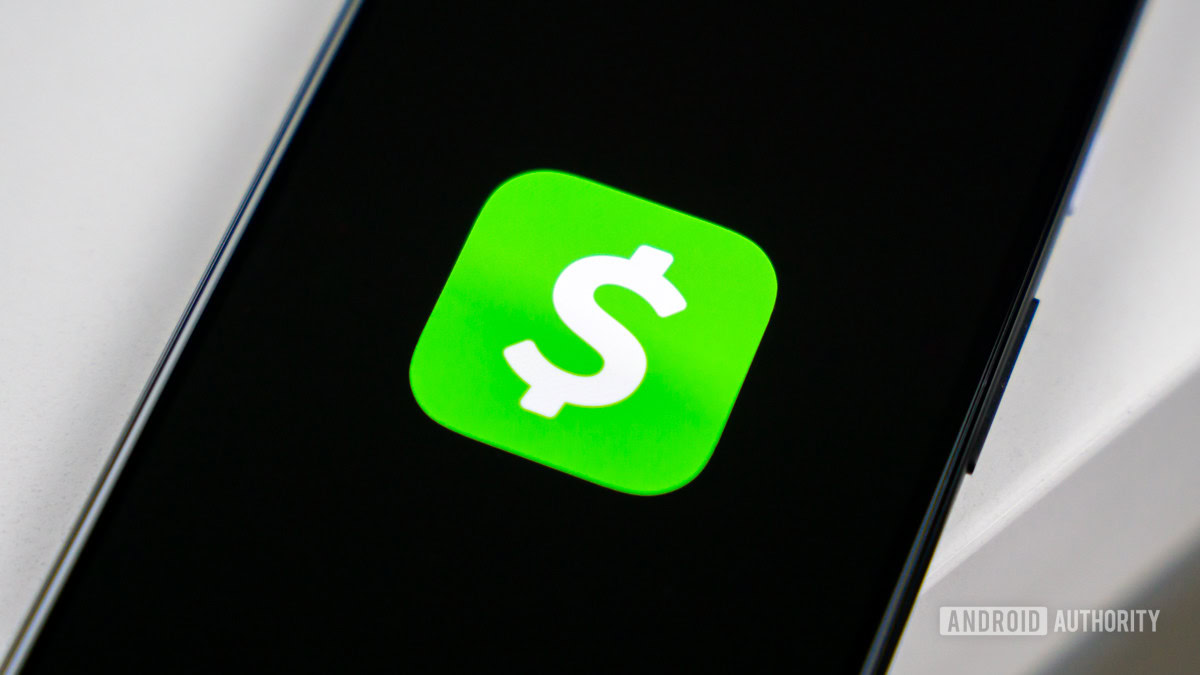
Edgar Cervantes / Android Authority
Sending and receiving money online is very common these days, and Cash App is one of the most-used methods. But if you’ve never used it, you might wonder what is Cash App and how does it work? We’ll explain what you need to know about this money-transferring method.
What is Cash App?
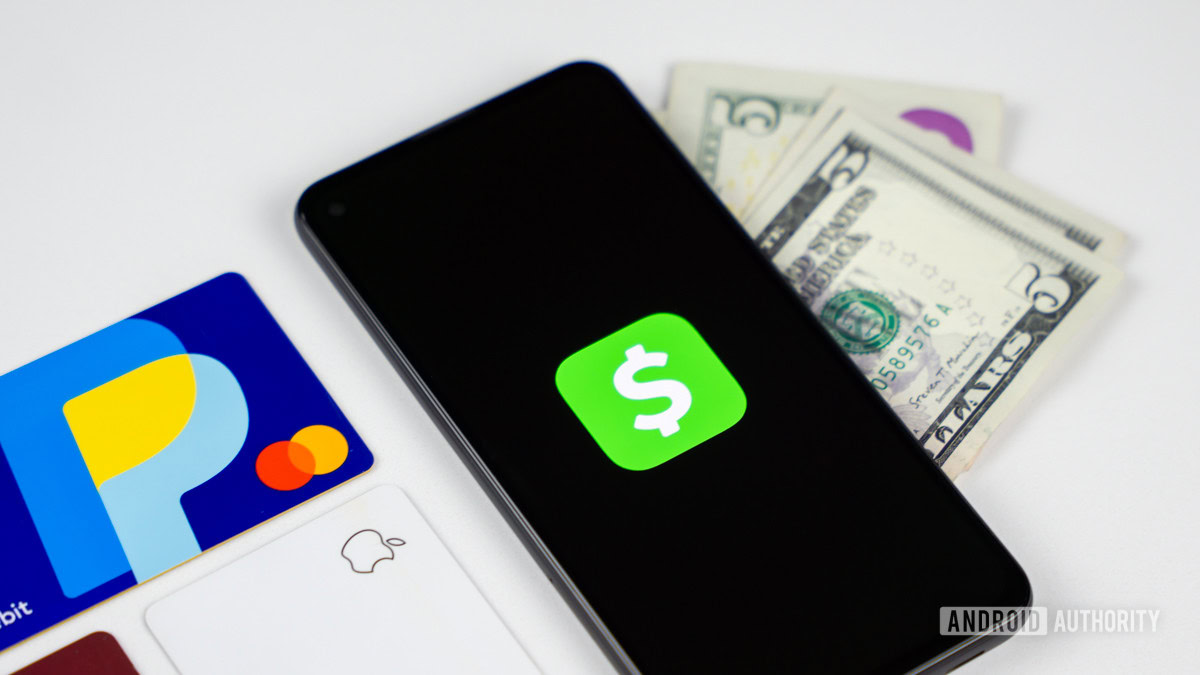
Edgar Cervantes / Android Authority
Cash App, as the name implies, is an app for Android and iOS that you can use to send and receive money with other people who use it. Block, Inc. (formerly Square, Inc.) launched it back in 2013 under the name Square Cash as a competitor to Venmo and PayPal. The service offers what’s called a Cash Card, which functions as a debit card linked to your Cash App account.
Cash App is for both personal and business use. The primary function is to send and receive money to/from other people, but business owners can sign up for Cash for Business which allows them to process business transactions.
Full access is available to people aged 18 and up, but children from 13 and up can also use the service. However, they only have limited access to sending and receiving funds. If you want more access to Cash App’s features and are under 18, you must use the Family Accounts feature, which lets you link your account to a parent’s or guardian’s account. After that, you can get a Cash Card and get access to direct deposits. People under 18 cannot buy Bitcoin, invest in stocks, send or receive money across national borders, or deposit checks into their Cash App account.
Cash App is not a bank, it’s a service.
Cash App mainly functions as a service; it’s not a bank by itself. That means you can get a debit card through Cash App, but the card is actually provided by its banking partner. You can use your Cash App to receive direct deposits, too.
Furthermore, Cash App lets you invest in stocks or purchase Bitcoin through the app. When you open the app, you’ll find the options to invest in stocks and buy Bitcoin in the Banking tab. You can buy fractional shares in Cash App for as little as $1, or choose the amount you want to invest. Investing through Cash App happens with Cash App Investing LLC, which is a member of the Securities Investor Protection Corporation (SIPC) and the Financial Industry Regulatory Authority (FINRA).
You can also file your taxes with Cash App using Cash App Taxes. This option is also in the Banking tab under Free Tax Filing. You can file your taxes and estimate your returns for free all within the app.
How does Cash App work?
Before using Cash App, you need to download the app to your mobile device. As mentioned, it is available for Android and iOS. After that, you must sign up for an account. To sign up for an account, you need a phone number or email address. Cash App also strongly recommends you add a debit card or bank account as well upon sign-up, but it’s not technically required. However, if you skip doing this, you won’t be able to transfer your money to your bank or add any funds to your Cash App account.
You can sign up for an account with just an email or phone number, but you won’t be a verified user with just that information. That means you’ll have transaction limits on sending and receiving funds. Unverified accounts are limited to sending $250 total per seven days and $1,000 total per 30 days to receive. You also can’t invest in stocks or buy Bitcoin without being verified, and you can’t get a Cash Card.
To become verified and remove transaction limits, you must provide your Social Security Number (SSN) and birthdate. If you want a Cash Card, you will have to provide your address as well.
Receiving and sending money

Edgar Cervantes / Android Authority
After setting up your account, you’ll need to link an existing bank account to your Cash App. After that, you can start sending and receiving money.
In the Payment tab, you can tap Pay or Request to send and receive funds, respectively. Every Cash App user has a unique name called a $Cashtag. You can search for $Cashtags to find people to send and receive money from. Plus, you can look up people by phone number, email, or name. Sending and receiving money happens instantly once you confirm the details. You have 14 days to respond to a request for money, after which the request expires.
You can send money between the US and UK using Cash App with no additional charges, but Cash App will convert the payment using the current mid-market exchange rate at the time of the transaction.
Cash App lets you send money from your Cash App balance, credit card, or your bank account. Remember that unverified accounts are limited to sending $250 total per seven days and $1,000 total per 30 days to receive. Furthermore, sending money via credit card will incur a 3% fee. If you verify your account, you can send up to $7,500 per week and receive an unlimited amount.
Transferring funds
Cash App stores money in your in-app balance when you receive it from someone else. You can choose to keep it there or transfer it to your linked bank account. If you want to receive the funds instantly, you’ll be charged a fee, which is usually around 0.5% to 1.75% of the amount you wish to transfer, with a minimum fee of $0.25. However, you can choose a no-fee transfer, which takes about one to three business days to complete.
If you want to add funds to your cash app, you can transfer money from your bank account by tapping the Banking tab and then selecting Add Cash. There are no fees associated with this.
Investing in stocks
You can invest in stocks with Cash App. In the Banking tab, you can tap Invest in stocks to search for stocks you wish to buy. You’re able to purchase fractional shares starting at $1. Note that Cash App investing services are provided by Cash App Investing LLC. It’s registered with the Securities and Exchange Commission (SEC) as a broker-dealer and a member of the Financial Industry Regulation Authority (FINRA)
Buying Bitcoin
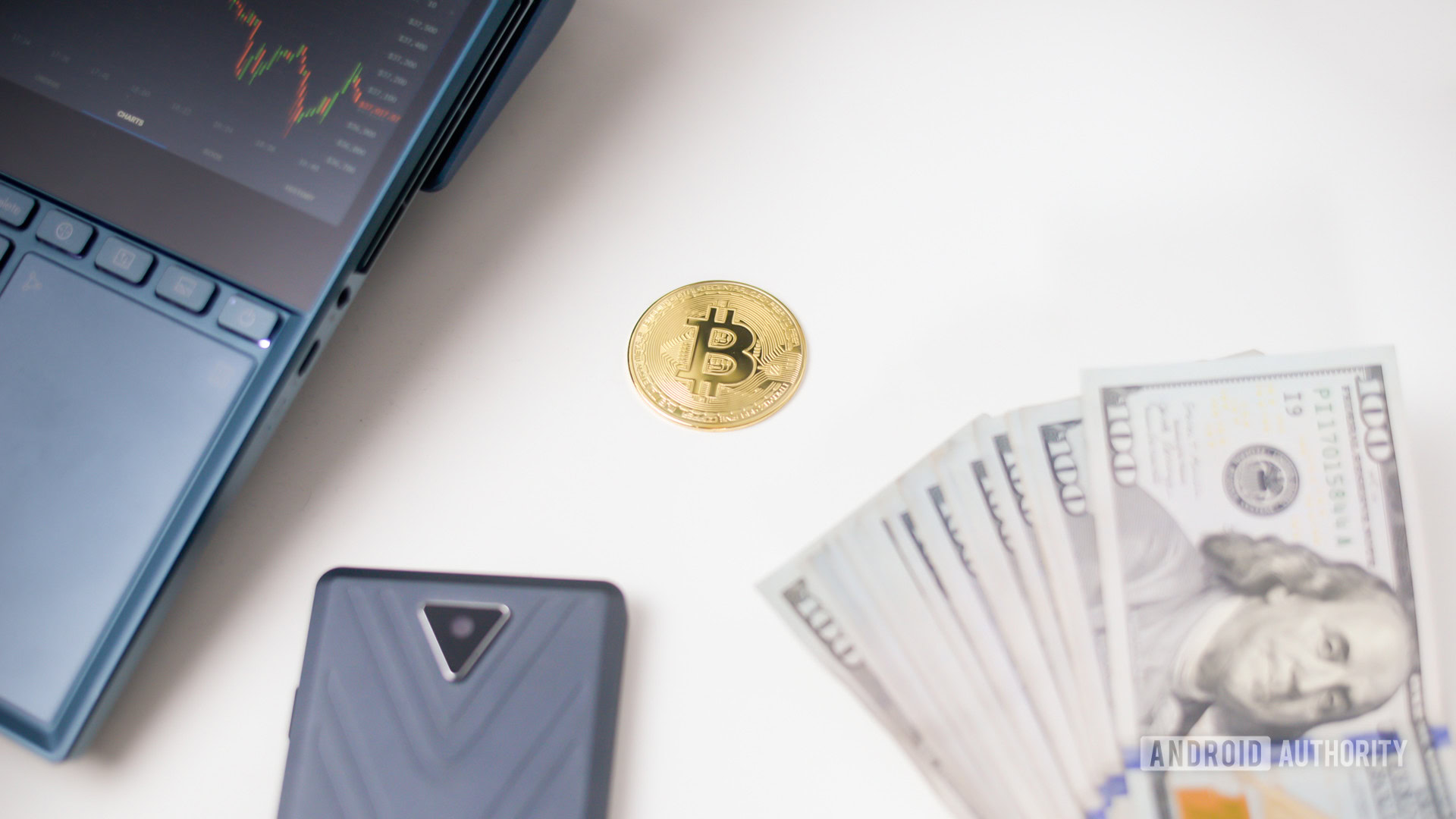
Edgar Cervantes / Android Authority
You can purchase Bitcoin in the Cash App app by heading to the Banking tab and then tapping Buy Bitcoin. You’ll choose the amount of Bitcoin you want to buy, starting at $1. There is a 2% to 3% fee associated with buying Bitcoin through Cash App. Bitcoin services are provided by Block, Inc.
Filing taxes
You’re even able to file taxes through Cash App. Filing is free, and you can find this option under Banking > Free Tax Filing. Furthermore, you can view your previous returns in Cash App and estimate your return for the next tax year. You will need to provide your SSN and date of birth, plus the information of any dependants and your spouse if you choose to file with Cash App.
Getting a Cash Card
You can get a debit card that is connected to your Cash App balance called a Cash Card. It’s available to order in Cash App by heading to Cash Card > Get Cash Card.
You must be 18 or older to get a Cash Card (or 13 or older with parental permission). It will arrive by mail, usually within around 10 business days. A Cash Card functions like other debit cards, and you can use it for both in-store and online purchases.
Getting a Cash Card means your Cash App balance is insured by the Federal Deposit Insurance Corporation (FDIC) in case Cash App’s partner bank, Lincoln Savings Bank, goes out of business.
Does Cash App charge a fee?
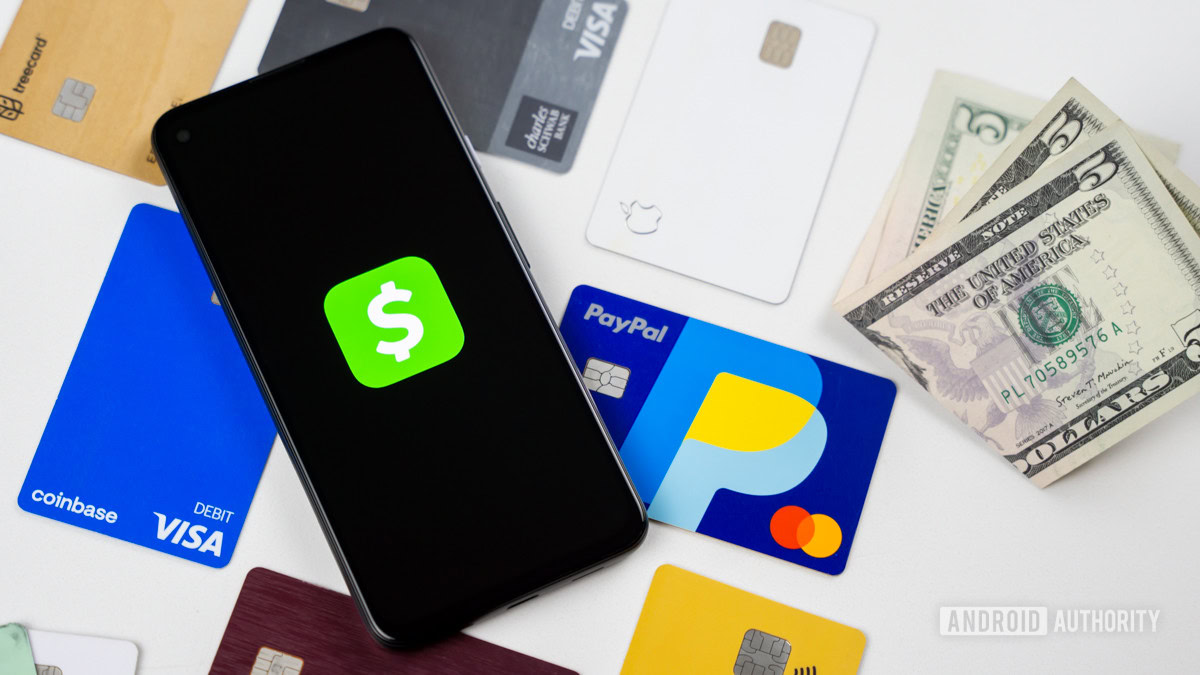
Edgar Cervantes / Android Authority
As mentioned, Cash App will charge you a fee if you want to transfer funds from your Cash App account to your bank account instantly. These fees may vary, but it’s usually around 0.5% to 1.75% of the amount you wish to transfer, with a minimum of $0.25.
If you choose to get a Cash App debit card, there are fees at ATMs. These include a $2.50 fee on top of the fee the ATM may charge you. However, if you have $300 or more of qualifying direct deposits, Cash App will reimburse you for their ATM fees up to three times for a total of $7 of fees per withdrawal in a 31-day period.
Read next: Can you send money from PayPal to Cash App?
If you exceed that limit, subsequent ATM fees will again be $2.50 per withdrawal. Plus, if you buy or sell Bitcoin through Cash App, fees may be associated with these transactions. These usually end up being 2-3%. There are no fees from Cash App for investing in stocks, but the government may charge fees on certain stock purchases. You’ll be notified of these before confirming your purchase.
Is Cash App safe?
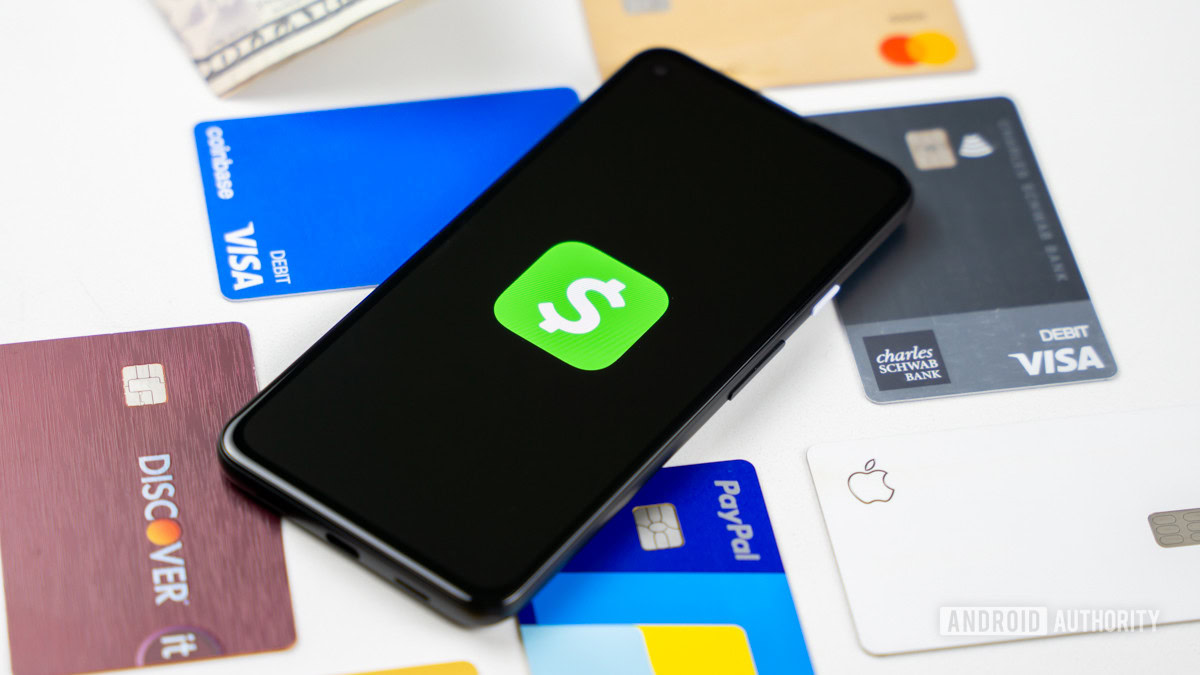
Edgar Cervantes / Android Authority
Cash App claims to use the latest encryption and fraud-prevention techniques, but there are some things to know. When you log in to Cash App, it will send you a one-time code to use before you can access your account, known as two-factor authentication. You can also choose to enable more security features, such as requiring you to input your password before every payment.
Beyond the basics, however, you should be aware that fraud and scams are still possible. No government agency, for example, will require payment through Cash App. Furthermore, people may impersonate tech support staff or other groups and attempt to scam you into sending them large sums of money. Remember to do your due diligence before sending money to anyone.
Verifying yourself on Cash App can help protect your transactions. This will require you to enter your Social Security Number (SSN), so guard that information carefully, too. Cash App Support will never ask for your SSN, however. If anyone claims to be from Cash App Support and does so, it’s a scam.
Finally, as with any other form of banking information, don’t share your login details with anyone else, and don’t leave your account unattended on any device. Choose a strong password and change it every so often as well.
Cash App vs the competition
Cash App isn’t the only mobile payment app out there. Here’s how it stacks up against a few other options.
Venmo
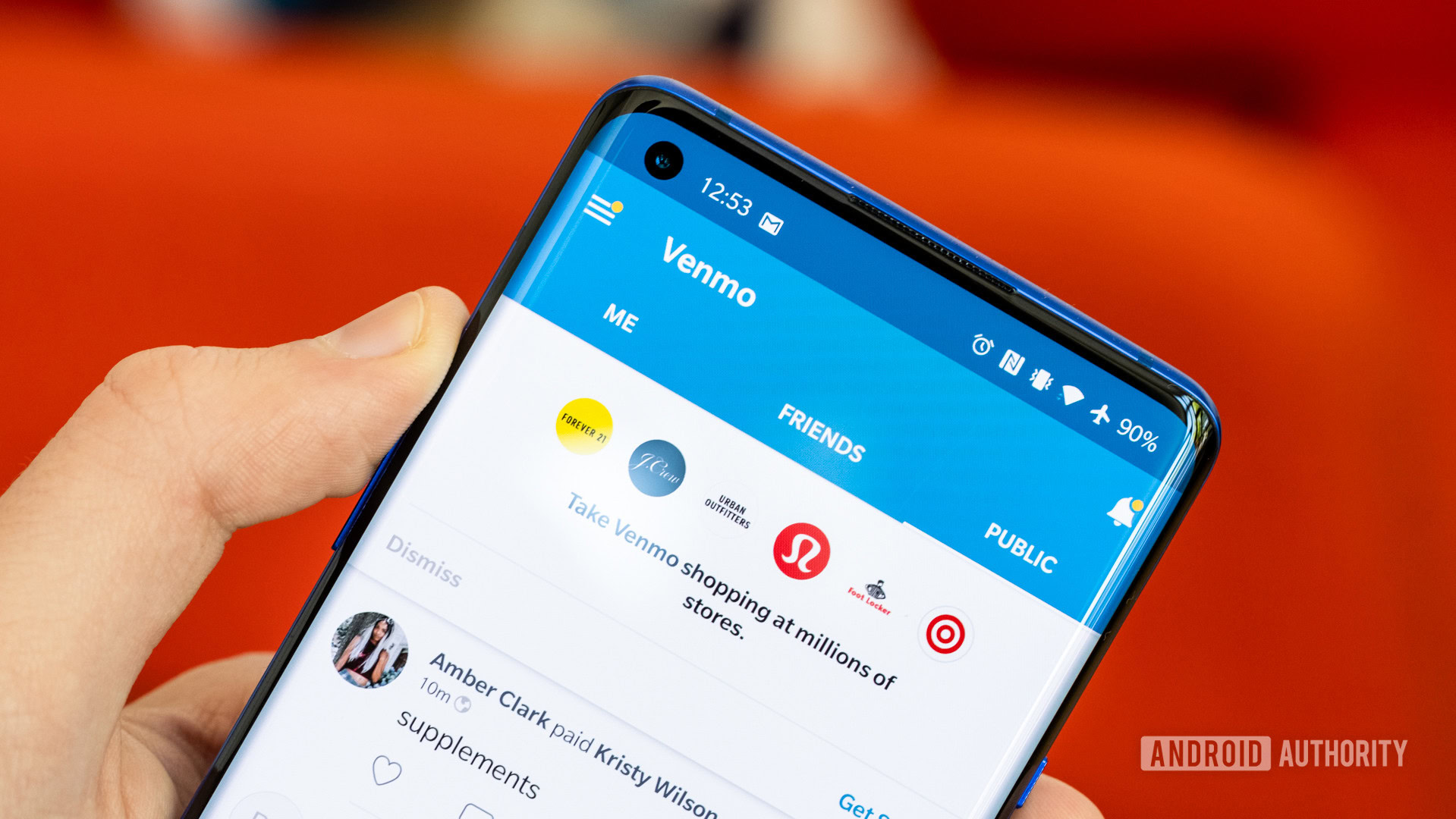
Venmo is similar to Cash App in that it’s also a mobile payment app. You can sign up for an account on Venmo and send and receive money from other Venmo users, much like on Cash App. The two apps are not inter-compatible, however. Venmo is unique because it focuses on the social media side of money transfers, with messages attached to every transaction. You can set these messages to private or public, and if you choose the latter, they’ll show up in a feed, similar to Facebook or Twitter. Venmo users must be age 18 or older, unlike on Cash App.
You can also buy cryptocurrencies on Venmo, but unlike Cash App, you may choose from Bitcoin, Bitcoin Cash, Ethereum, and Litecoin. You can use Venmo to pay for Amazon purchases, too.
Venmo also has transaction limits in place.
Venmo also charges you fees, with a 3% fee attached to credit card-based transactions, just like Cash App. If you want instant transfers on Venmo, those also have a fee. However, they are slightly cheaper than Cash App’s charge, coming in at around 1% of the transfer value, with a minimum fee of $0.25 and a maximum of $10.
Furthermore, Venmo also has transaction limits in place. New, unverified users have a limit of $299.99 per week on transfers to other users. If you verify using your SSN, ZIP code, and birthday, the limit increases to $4,999.99 per week, plus you can spend an additional $2,000 per week on authorized vendors. However, Venmo also limits how much you can transfer to your bank account. You can transfer up to $999.99 for unverified users per week and $19,999.99 for verified users per week. Additionally, the largest amount you can transfer in one instance as a verified user is $2,999.99. For comparison, verified Cash App users can send up to $7,500 per week and receive an unlimited amount.
PayPal
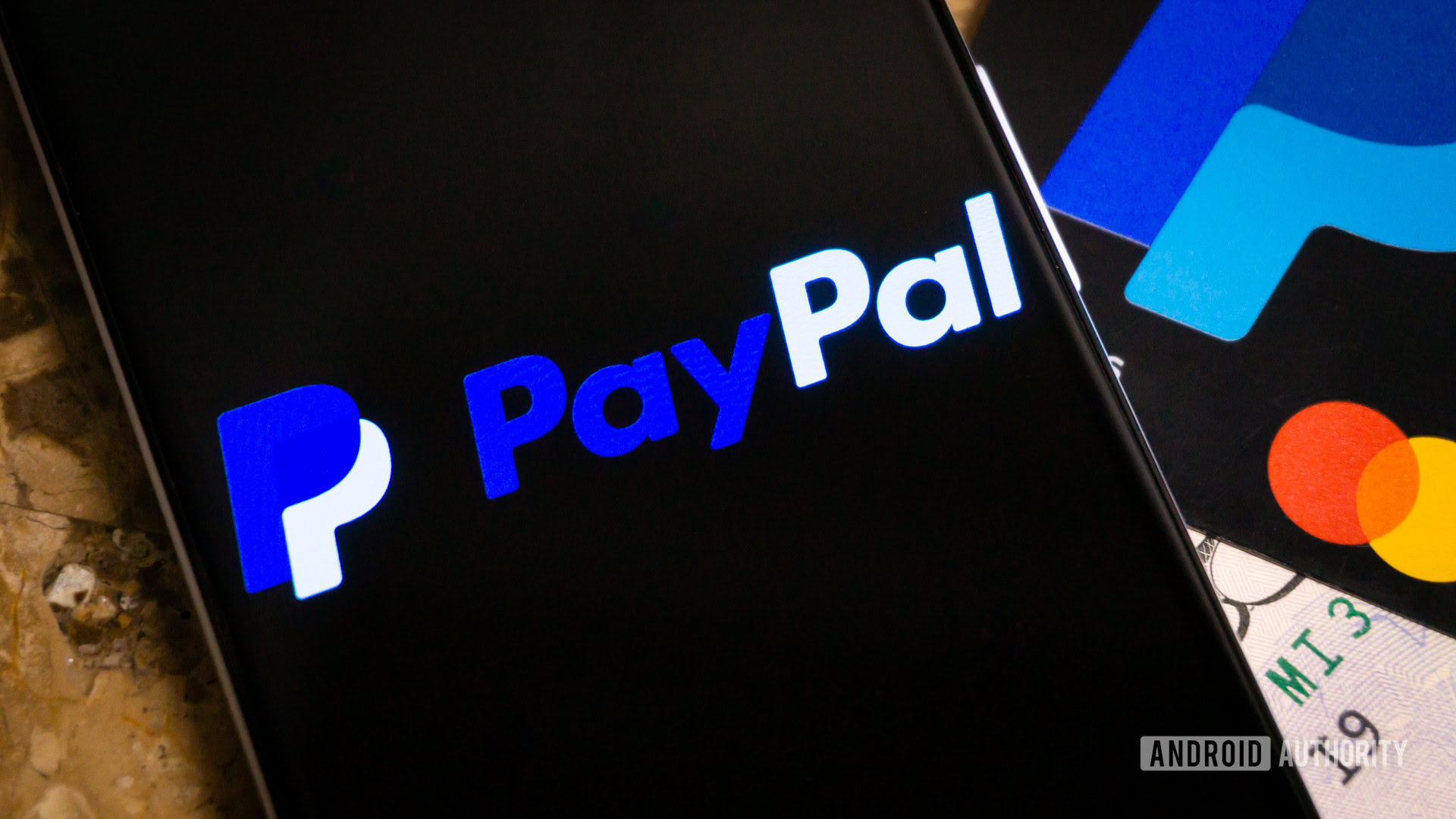
Edgar Cervantes / Android Authority
You can send and receive money with PayPal, but it also functions as much more than that. Beyond transferring funds, you can pay for items on many websites with PayPal and even sign up for PayPal lines of credit and PayPal credit cards. Furthermore, you can donate money to charitable causes with PayPal. Minors (anyone under 18) cannot create accounts on PayPal, even with parental permission, unlike on Cash App.
PayPal is known for its robust fraud prevention and verification procedures, and that means unverified users have limits on their accounts, just like on Venmo and Cash App. Unverified users may only withdraw $500 and send payments up to $4,000. PayPal will remove the withdrawal limit upon verification, and verified accounts may send payments up to $60,000. However, PayPal verification requires proof of your identity such as a passport, driver’s license, official government ID card, or another similar document along with your SSN.
PayPal does not charge fees for creating an account, sending money, buying products, or withdrawing money to your bank account within the US in a standard timeframe. There are fees for many other things, however. These include 1.75% of the amount transferred to a bank account if you want instant access to your funds with a minimum of $0.25 and a maximum of $25. Plus, there’s a $25,000.00 limit on withdrawals for instant transfers to banks.
Frequently asked questions about Cash App
Cash App uses the Lincoln Savings Bank located at 508 Main, PO Box E, Reinbeck, IA 50669. The bank is a member of the FDIC.
Cash App itself is not a bank, so it is not insured by the FDIC. Its partner bank, Lincoln Savings Bank, is insured by the FDIC, but that insurance does not apply to money in your Cash App account unless you have a Cash Card. FDIC insurance does not cover scams or fraud, it only covers what happens if the bak itself goes out of business.
Cash App limits the amount new accounts can send to $250 total per seven days and $1,000 total per 30 days to receive. If you verify your account, you can send up to $7,500 per week and receive an unlimited amount.
No, Cash App users can send and receive money to other Cash App users, but not Venmo or other payment apps.

